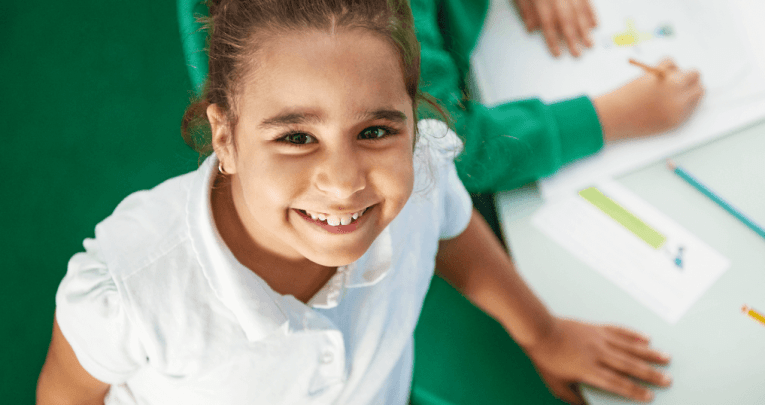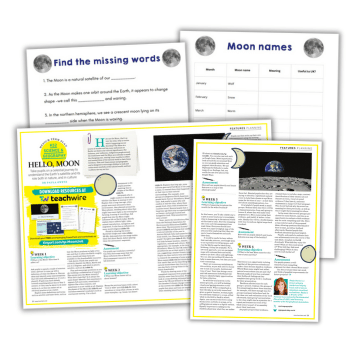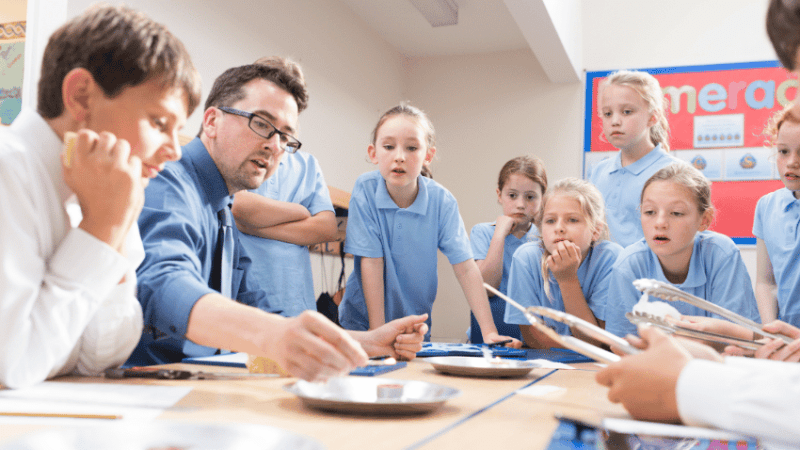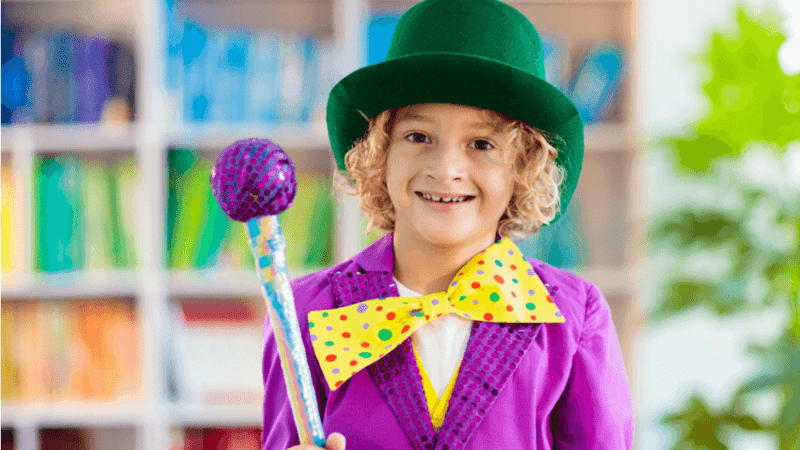How to promote curiosity in your science classroom

“Develop a ‘wonder wall’ about your next science topic before you begin your planning for it,” says Kenna Worthington…

Are you curious? Do you model a ‘I wonder why…’ attitude in your classroom? I sometimes wonder how many teachers are explicit in letting their pupils know what science is for.
Do your children know that science is a way of explaining the world around them, and that is why we do it? Do they know what science is for?
If we can help children to see science as relevant to their own questions about the world, they are more likely to be engaged and motivated, and want to find answers.
Here are some ideas for promoting curiosity in your science classroom.
Hook them in with power facts
Don’t be afraid of giving children facts. Use your knowledge and understanding to intrigue children so that they are excited to find out for themselves.
For example, if you’re about to embark on the topic of investigating local habitats in Y2, start with this intriguing fact: did you know that woodlice make the most excellent mothers?
(They have a pouch similar to kangaroos and stay close to their young until they mature.) How can children find out more about this? What kind of enquiry might they do to find out if this is true?
Encourage questions
Encourage children to develop more ‘scientific’ questions that can then be turned into an enquiry. One way to do this is to develop a ‘wonder wall’ about your next science topic before you begin your planning for it.
Encourage children to write any questions they have about the topic on a sticky note and add it to the display. Now encourage pupils to collaboratively decide which questions can be answered through scientific enquiry, then plan your lessons based on these.
The vital thing to remember is that you should revisit the wonder wall every science lesson and make clear which question you are going to be investigating.
Even though not all of the children’s questions will lend themselves to being investigated, by the end of your series of lessons, the children should be able to answer most of them with the new knowledge and understanding they have acquired.
If there are questions remaining that can’t be answered, use the internet or books to research solutions. After all, this is a valid form of scientific enquiry in its own right and demonstrates that all questions are valued.
Enable play
Play is a curious word in primary education. In the EYFS, we expect to see children playing and know that through engagement with real-world materials, along with rich questioning from adults and peers, children begin to form their ideas about the world.
Some children play alone and can demonstrate deep concentration as they engage with resources.
In all of this exploring, they are said to be ‘playing’, but they are, in fact, doing important and serious learning. They are investigating their emerging understanding of how the world works.
It doesn’t always follow that practical science leads to accepted scientific facts, but even if children’s ideas are still emerging at this stage, the nature of a spiral curriculum means that pupils will revisit their ideas again and again, deepening their understanding and moving towards more scientifically accepted explanations as they do so.
Older children, even in KS2, should be given the opportunity to explore. Apart from the well-recognised cognitive benefits of interacting with concrete materials, exploring is good fun and motivates children to take ownership of their learning.
Who said that children aren’t learning if they are having fun? Help pupils deepen and enhance their understanding of tricky concepts by, for example, roleplaying the bonds of solids, liquids and gases.
In one particularly successful Y3 lesson that I observed, the children were instructed to play with magnets and make notes on how they interacted with each other and with objects in the classroom.
Pupils with different levels of prior knowledge explored the magnets in different ways.
One child already seemed to know much about the laws of magnetism and quickly began devising an experiment with a ruler to measure how close the magnets had to be to each other to attract or repel each other.
Others didn’t know about the different poles so spent time observing which would attract and which would repel.
Everybody, using varying methods, built upon their own prior knowledge and experience to deepen their learning and develop a curiosity that encouraged further enquiry.
It’s my belief that children learn more and ask more questions (the very bedrock of science enquiry) when they are relaxed and having fun.
Develop autonomy
Piaget claimed that for a child to have intrinsic desire to drive their learning forward they have to be curious, but also in control of their own learning.
As teachers, we have to be able to stand back and suspend judgement to foster a belief in our pupils that mistakes are an important part of learning. Without making mistakes in deciding how to carry out their own investigations, children won’t develop this autonomy.
If children’s investigations uphold their predictions, that’s great, because it convinces them of what they already knew. However, when an investigation doesn’t work, that teaches them something new, so their knowledge and understanding of doing science is extended and they make progress.
For me, the notion of encouraging and developing children’s sense of autonomy with regards to their learning is important. Since children are likely to be more engaged in learning when they can take ownership of it, by fostering autonomy we are also fostering metacognition.
When pupils are aware of their own learning, rather than mechanistically doing what the teacher tells them, a growth mindset develops. This is what creates our ‘thinkers’, surely?
And who knows, perhaps you have the next Einstein in your class. As Bernard Baruch famously said, ‘Millions saw the apple fall; Newton was the only one who asked, why?’
Alongside co-author Amanda McCrory, Kenna Worthington is the author of Mastering Primary Science.











